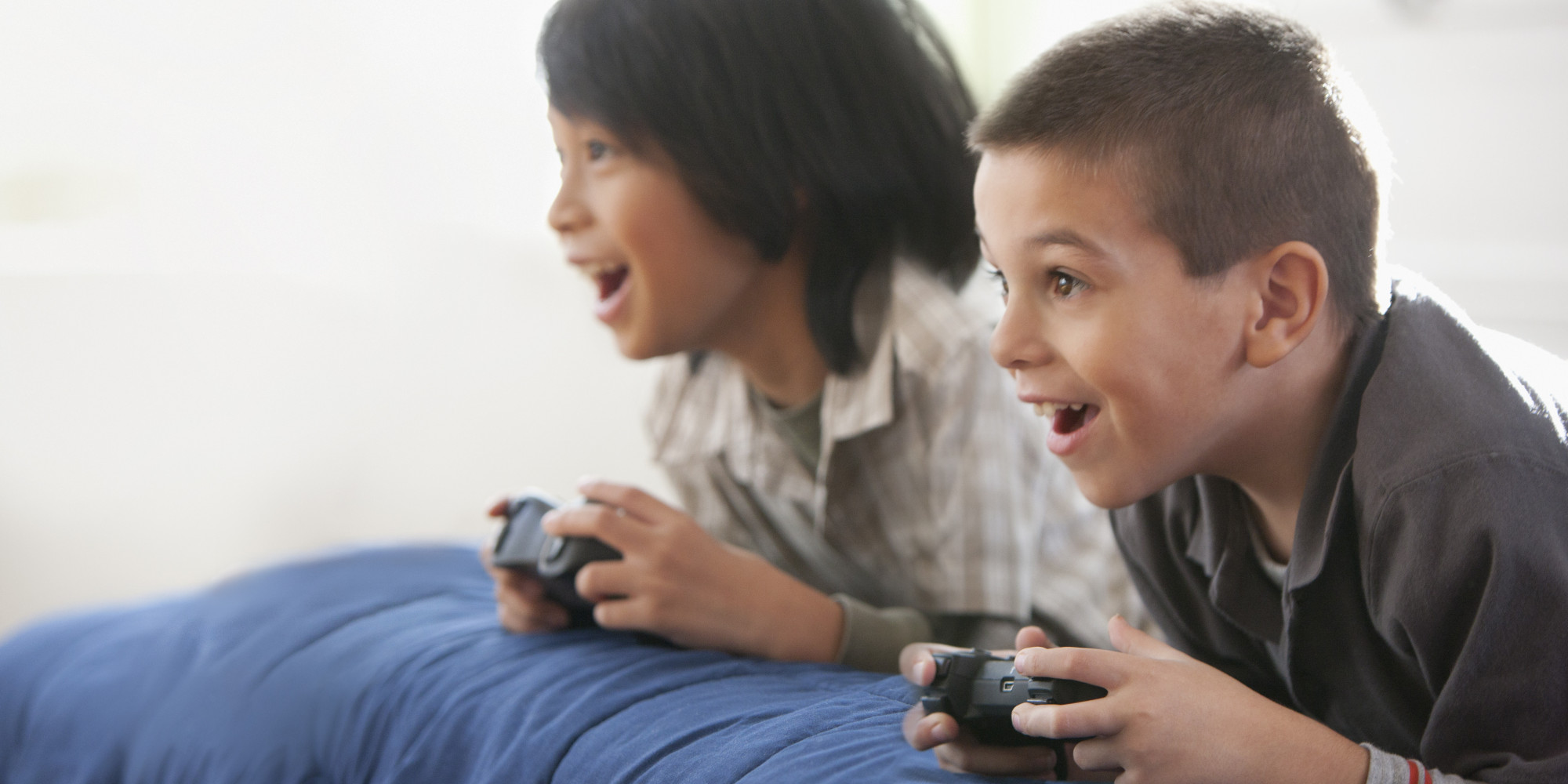A lot of preliminary research has been conducted on the links between doing puzzles and word games and how it impacts cognitive brain function, memory, and motor skills. Many of these studies, performed by researchers and neuroscientists, specifically look at the connection between aging brains and whether or not puzzles and games can improve or repair the condition of the brain and reverse certain disorders and diseases. With all of the media buzz about certain puzzles and brain games: Sudoku, crossword puzzles, and word searches, many people wonder if there is a direct link between games involving cognitive skill and brain health.
In scientific studies, games of skill and other brain games and puzzles do have a direct link to improving the specific brain function linked to the game’s individual skill set. This basically means that with increased practice, your brain becomes better at playing blackjack or solving a Sudoku puzzle in a faster time. These trained areas of the brain respond similarly to muscles in a workout. The more you exercise a specific area of your body, the stronger it gets and the better it works.
However, if you stop exercising, you lose muscle mass, strength, and definition. Brain training games, games of skill, and puzzles work much in the same way. You do have some cognitive repair with practice, but the impact does not last unless maintained. For example, professional blackjack players are known to stay sharp with online casino gaming in between visits to Vegas.
The frontal lobe of the brain is responsible for our day-to-day decision making, planning, and critical thinking skills. Training your brain with puzzles, unfortunately, does not have any crossover impact towards improving your frontal lobe function. People with dementia and Alzheimer’s disease have a significant decline in the frontal lobe and cognitive function. Puzzles and games cannot reverse brain aging that stems from these types of degenerative diseases.
Solving puzzles is fun for a lot of people. If you think of it as more of a hobby and do not rely on it solely as an activity to keep the mind sharp, you will derive much more pleasure from the game. Do not force yourself to do puzzles because you think it will improve brain function. This simply is not the case. The brain is a complex organ, and there is so much research left to do to understand the mechanism of how it operates and what we can do to improve its functionality. If you love puzzles, do it solely for entertainment and relaxation.
There are many stress-reducing benefits of doing a daily crossword puzzle that are worth noting. It is important to understand, however, that spending excessive amounts of time playing video games, doing puzzles or trying to solve brain teasers may have the opposite impact on brain health. The ability to multitask becomes significantly diminished when deeply involved in playing games and solving puzzles. Your brain needs down time to relax and recharge. Constantly stimulating it all day long has been shown to increase stress and anxiety. Additionally, you can develop a dependency or addiction to the game. Similarly to how drug and alcohol addicts’ brains light up when subjected to their drug of choice, game and food addicts also show similar brain wave activity when subjected to their vice.
Puzzles and games are a fun leisure activity to do when you are alone or with a small group of family and friends. Games promote togetherness, but they should not be looked at as a viable resource for improving cognitive brain health and function.


